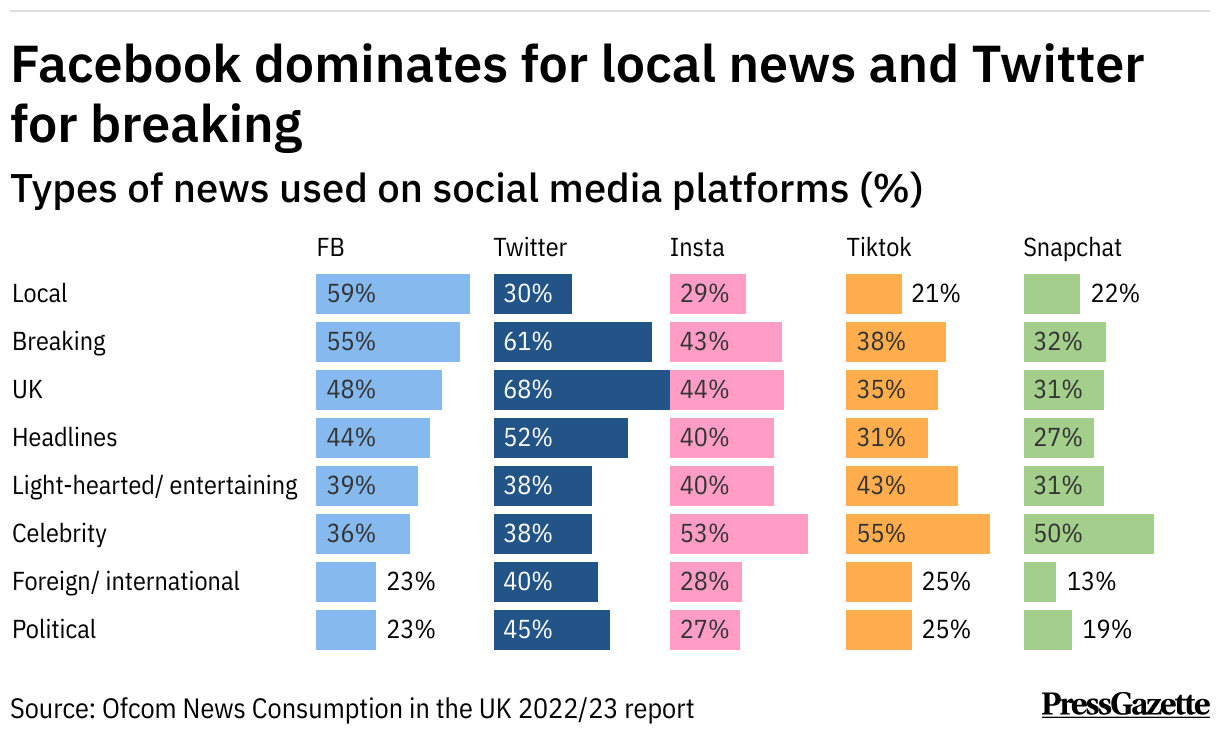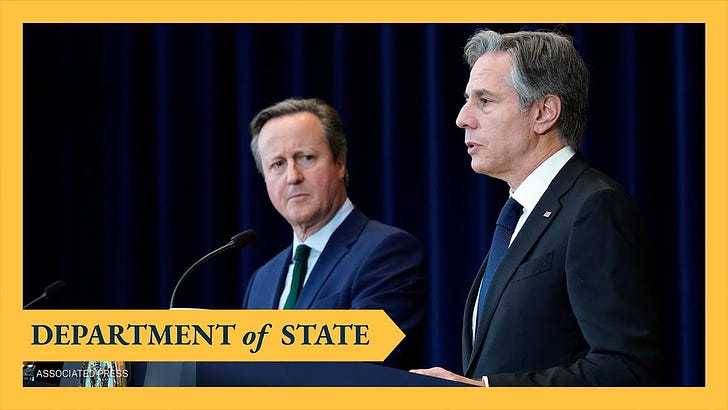G7 statement on China, Chinese companies sanctioned, Resilience Strategy, Taiwan
A Beijing to Britain briefing
Hello,
I’ve just returned from a week in Taiwan, which is in the closing weeks of a long election campaign. In a haze of jetlag on a mild Sunday afternoon, I wandered around the narrow backstreets of the Zhongzheng District and stumbled across a humming mass of people waving flags and covered in green ‘Team Taiwan’ gear. Drums pounded. Slogans bellowed. I had arrived at a DPP rally.
For those not familiar with the current political landscape in Taiwan: the island heads to the polls for an election early next year. The current governing party - the Democratic Progressive Party, or DPP, is facing a close run from the main opposition Kuomintang (KMT) party, with the smaller Taiwan People's Party (TPP) potentially playing an influential role too.
Beyond the obvious consequences for the cross-strait relationship, the election is worth following closely for those interested in how hostile states could utilise social media to manipulate democracies. CNN reported this week that Wang Huning, the fourth-ranking leader in China’s ruling Communist Party and the top official in charge of Taiwan affairs, convened a meeting last week to coordinate efforts by different departments to influence Taiwan’s election, citing information gathered by the Taiwanese intelligence community. In comments delivered at the Doublethink Lab gathering, Taiwan’s Minister of Foreign Affairs Joseph Wu (吳釗燮) said the island was “a testing ground for China’s cognitive warfare” during the election season. A spokesperson for the PRC’s Taiwan affairs authority also recently described the upcoming election as “a choice between peace and war.”
As is becoming the norm, social media will be used at arm’s length by hostile states as a vehicle for propaganda, manipulation and attempts to control the narrative as the election comes into its final days. Over the last week, allegations were levelled at social media giant TikTok for trying to dissuade younger voters from supporting the DPP. Wellington Koo (顧立雄), secretary-general of the National Security Council, previously warned that edited videos from Taiwanese media were also being circulated on the platform.

With their election on the horizon, and an ever-increasing number of British voters getting their news from social media, British politicians and policymakers should be watching Taiwan and what role social media is playing within it closely.
- Sam Hogg, Editor
In this week’s briefing:
David Cameron in the USA
G7 on China
Rishi Sunak and Keir Starmer on their economic plans



